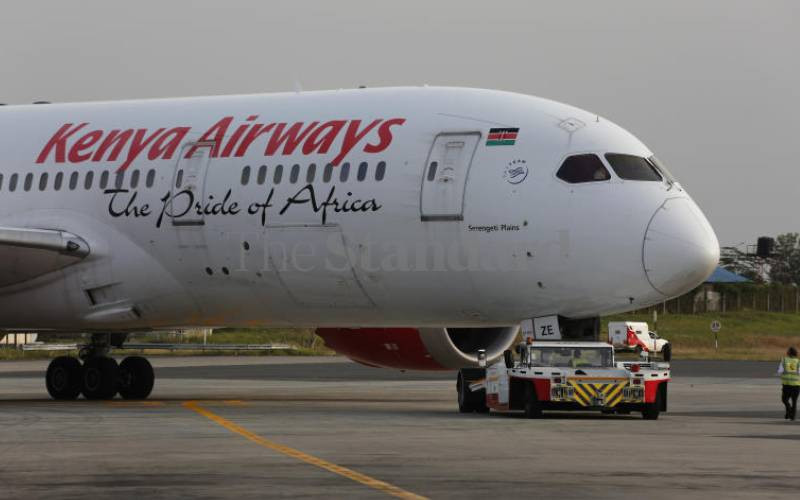×
The Standard e-Paper
Stay Informed, Even Offline

The Covid-19 pandemic did not impoverish nations per se. It simply peeled back the veneer of equality that existed but was never really acknowledged by different industries globally.
Take, for instance, aviation. It was always thought that every airline in the world competed on a level playing field, assumptions being made that successful airlines were those that were run with great levels of management acuity with the converse holding true.